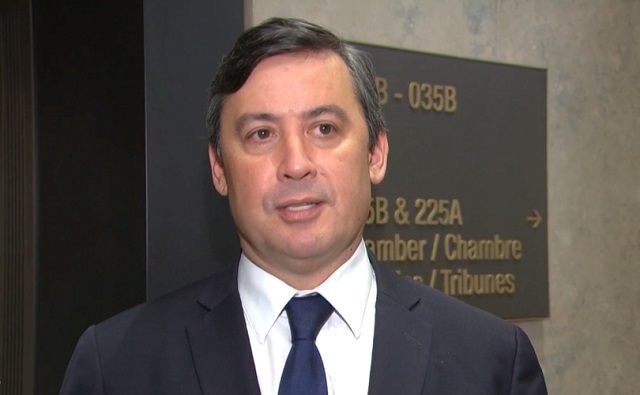Community
Your Last-Minute Long Weekend Guide to Alberta

HOW is it almost the August long weekend already?! If you’re anything like me, this weekend somehow manages to sneak up on you every year. It’s not until someone inevitably asks ‘Any plans for the long weekend?’ that I realize I’ve failed to see it coming yet AGAIN, as I answer ‘This weekend is the long weekend?? Well I guess I have no plans!’
So while I do think there’s a lot to be said for the ‘no plan-plan’, it’s not too late to make some actual plans for the upcoming weekend. And no matter where you are in the province, there’s something great happening- here are just a few!
Polynesian Days at Alberta Beach

For over four decades, Alberta Beach has hosted Polynesian Days (Poly Days) over the August long weekend. Over 20 great locally-sponsored events occur throughout the weekend, with the main attraction being the Alberta Beach Music Festival, located in Gazebo Park and running all afternoon and evening on Saturday! There’s also a great kids area featuring face painters, balloon artists, slides and bouncy castles!
JAWS at the Lake – Sylvan Lake

Imagine watching the movie JAWS… while in the water! Well you can on August 6th when the Town of Sylvan Lake, in partnership with Fresh Air Cinema and Movies on the Beach presents Steven Spielberg’s 1975 classic. So be sure to bring your floatie, or if you’re more of a cautious type, the double sided screen lets you watch from dry land too. The event is FREE, dependent on the weather and JAWS is rated PG13. There’ll be food trucks on hand for when you get hungry and and special deals from Sylvan Lake Aqua Splash!
Loud as Hell Festival – Drumheller

The Loud As Hell Metal Festival in Drumheller is one of the top underground music festivals in Canada and is celebrating year 6 for 2017! Organizers say ‘We encourage everyone to camp and probably consider booking Tuesday off to recover your ears, livers and lungs. We’ve got our best lineup yet, ready to melt your face and kick off our biggest festival to date!’ The event is all ages but keep in mind there are licensed beer gardens as well, so organizers just ask that everyone respect those around them.
The Edmonton Heritage Festival is a three-day event where you can try delicious food, watch dozens of great performances and truly experience the multiculturalism of Canada! Make sue you bring your walking shows when you take in the tastes, sights, smells and sounds from 100 countries and cultures at 71 pavilions. Exploring the festival and enjoying the entertainment is free and food tickets can be purchased on site. Check out the menu here!
Hike to the Drive Lanes: Moon of the Buffalo Rut – Head-Smashed-In-Buffalo-Jump

On Saturday August 5, take in some fascinating history as you hike to ancient buffalo drive lanes accompanied by Blackfoot guides! You’ll hear stories of how the plains people hunted the mighty buffalo as you navigate this amazing World Heritage Site. You’ll need to be prepared for an off-trail hike and you should dress appropriately for inclement weather. You’ll also want to bring lunch and water bottle along. Register in advance as space is limited. This program is not recommended for small children.
Crowsnest Pass Open Doors and Heritage Festival

The Crowsnest Pass is excited to launch its 12th annual Doors Open and Heritage Festival weekend! The theme is Lawmen: Rum Running in Crowsnest Pass. Throughout the weekend, the Frank Slide Interpretive Centre and the community of the Crowsnest Pass will be highlighting the story of the Rum Runners. You’ll enjoy guided hikes, presentations and events highlight the Crowsnest Pass and the amazing stories of Emilio Picarello, the Red and Black Routes and the Whiskey Six, just to name a few. The Crowsnest County Market, Car Show, Teddy Bear Picnic, and Coal Miners’ Picnic are just a few of the great events taking place over the weekend- click here for a full list of events!
Pigeon Lake Music Festival – Mulhurst Bay

To commemorate it’s 30th anniversary, Hilah Ayers Wilderness RV park will be hosting the inaugural Pigeon Lake Music Festival on August 5th &6th- visitors, campers and music-lovers alike are invited to attend what is sure to be an unforgettable affair! An impressive roster of emerging, iconic and talented musicians has been assembled guaranteeing the weekend will be filled with memorable performances and good times. Organizers say the outdoor ambiance, intimate & interactive setting, and event exclusivity will create an experience you’ll be talking about for years to come. Click here for the full line-up.
That’s just a handful of things happening over the next several days- for even more check out these great resources:
Whatever you end up doing this weekend, have lots of fun and stay safe!
Community
SPARC Red Deer – Caring Adult Nominations open now!
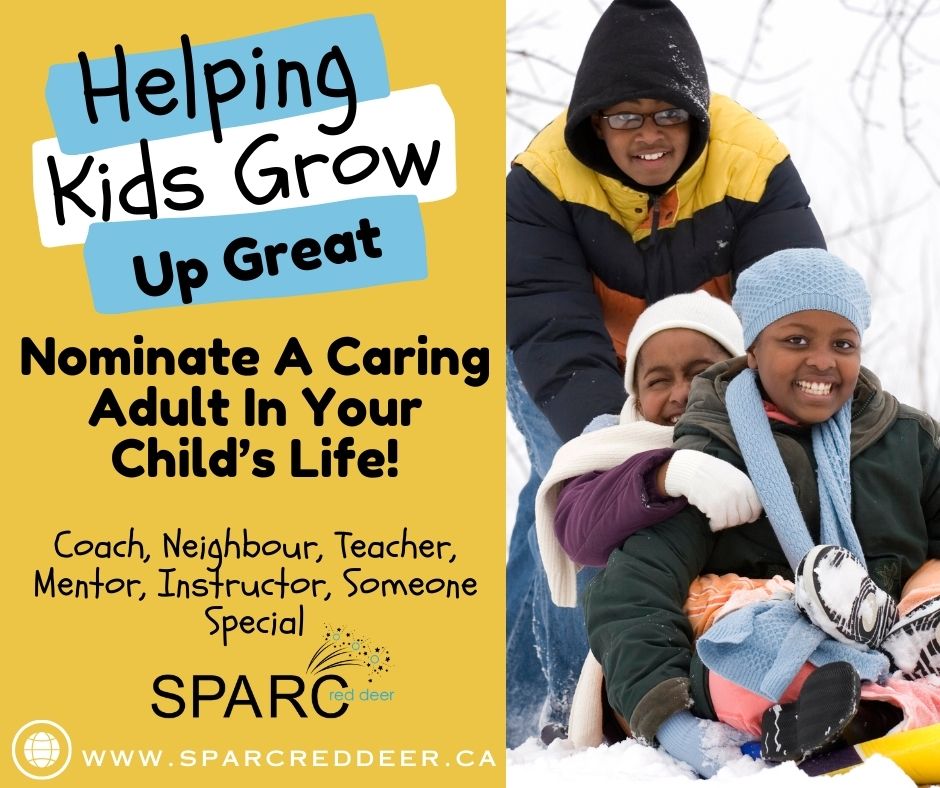
Red Deer community let’s give a round of applause to the incredible adults shaping the future of our kids. Whether they’re a coach, neighbour, teacher, mentor, instructor, or someone special, we want to know about them!
Tell us the inspiring story of how your nominee is helping kids grow up great. We will honour the first 100 local nominees for their outstanding contributions to youth development. It’s time to highlight those who consistently go above and beyond!
To nominate, visit Events (sparcreddeer.ca)

Addictions
‘Harm Reduction’ is killing B.C.’s addicts. There’s got to be a better way

From the Frontier Centre for Public Policy
B.C. recently decriminalized the possession of small amounts of illicit drugs. The resulting explosion of addicts using drugs in public spaces, including parks and playgrounds, recently led the province’s NDP government to attempt to backtrack on this policy
Fuelled by the deadly manufactured opioid fentanyl, Canada’s national drug overdose rate stood at 19.3 people per 100,000 in 2022, a shockingly high number when compared to the European Union’s rate of just 1.8. But national statistics hide considerable geographic variation. British Columbia and Alberta together account for only a quarter of Canada’s population yet nearly half of all opioid deaths. B.C.’s 2022 death rate of 45.2/100,000 is more than double the national average, with Alberta close behind at 33.3/100,00.
In response to the drug crisis, Canada’s two western-most provinces have taken markedly divergent approaches, and in doing so have created a natural experiment with national implications.
B.C. has emphasized harm reduction, which seeks to eliminate the damaging effects of illicit drugs without actually removing them from the equation. The strategy focuses on creating access to clean drugs and includes such measures as “safe” injection sites, needle exchange programs, crack-pipe giveaways and even drug-dispensing vending machines. The approach goes so far as to distribute drugs like heroin and cocaine free of charge in the hope addicts will no longer be tempted by potentially tainted street drugs and may eventually seek help.
But safe-supply policies create many unexpected consequences. A National Post investigation found, for example, that government-supplied hydromorphone pills handed out to addicts in Vancouver are often re-sold on the street to other addicts. The sellers then use the money to purchase a street drug that provides a better high — namely, fentanyl.
Doubling down on safe supply, B.C. recently decriminalized the possession of small amounts of illicit drugs. The resulting explosion of addicts using drugs in public spaces, including parks and playgrounds, recently led the province’s NDP government to attempt to backtrack on this policy — though for now that effort has been stymied by the courts.
According to Vancouver city councillor Brian Montague, “The stats tell us that harm reduction isn’t working.” In an interview, he calls decriminalization “a disaster” and proposes a policy shift that recognizes the connection between mental illness and addiction. The province, he says, needs “massive numbers of beds in treatment facilities that deal with both addictions and long-term mental health problems (plus) access to free counselling and housing.”
In fact, Montague’s wish is coming true — one province east, in Alberta. Since the United Conservative Party was elected in 2019, Alberta has been transforming its drug addiction policy away from harm reduction and towards publicly-funded treatment and recovery efforts.
Instead of offering safe-injection sites and free drugs, Alberta is building a network of 10 therapeutic communities across the province where patients can stay for up to a year, receiving therapy and medical treatment and developing skills that will enable them to build a life outside the drug culture. All for free. The province’s first two new recovery centres opened last year in Lethbridge and Red Deer. There are currently over 29,000 addiction treatment spaces in the province.
This treatment-based strategy is in large part the work of Marshall Smith, current chief of staff to Alberta’s premier and a former addict himself, whose life story is a testament to the importance of treatment and recovery.
The sharply contrasting policies of B.C. and Alberta allow a comparison of what works and what doesn’t. A first, tentative report card on this natural experiment was produced last year in a study from Stanford University’s network on addiction policy (SNAP). Noting “a lack of policy innovation in B.C.,” where harm reduction has become the dominant policy approach, the report argues that in fact “Alberta is currently experiencing a reduction in key addiction-related harms.” But it concludes that “Canada overall, and B.C. in particular, is not yet showing the progress that the public and those impacted by drug addiction deserve.”
The report is admittedly an early analysis of these two contrasting approaches. Most of Alberta’s recovery homes are still under construction, and B.C.’s decriminalization policy is only a year old. And since the report was published, opioid death rates have inched higher in both provinces.
Still, the early returns do seem to favour Alberta’s approach. That should be regarded as good news. Society certainly has an obligation to try to help drug users. But that duty must involve more than offering addicts free drugs. Addicted people need treatment so they can kick their potentially deadly habit and go on to live healthy, meaningful lives. Dignity comes from a life of purpose and self-control, not a government-funded fix.
Susan Martinuk is a senior fellow at the Frontier Centre for Public Policy and author of the 2021 book Patients at Risk: Exposing Canada’s Health Care Crisis. A longer version of this article recently appeared at C2CJournal.ca.
-

 Brownstone Institute2 days ago
Brownstone Institute2 days agoDeborah Birx Gets Her Close-Up
-
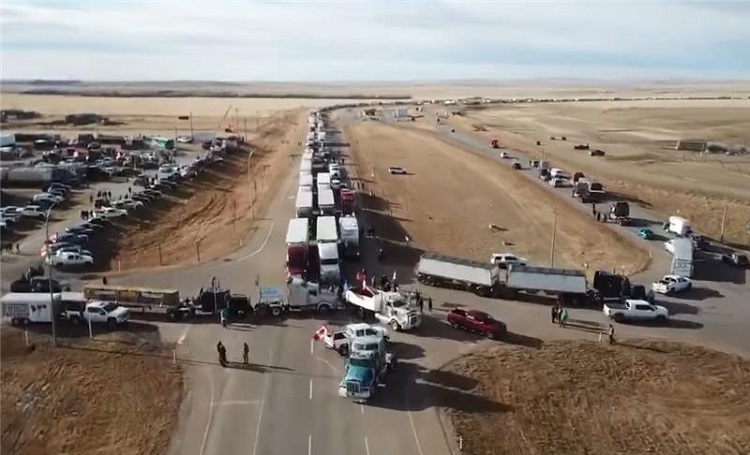
 Alberta2 days ago
Alberta2 days agoCoutts Three verdict: A warning to protestors who act as liaison with police
-

 Alberta2 days ago
Alberta2 days agoAlberta moves to protect Edmonton park from Trudeau government’s ‘diversity’ plan
-

 Business2 days ago
Business2 days agoMaxime Bernier warns Canadians of Trudeau’s plan to implement WEF global tax regime
-
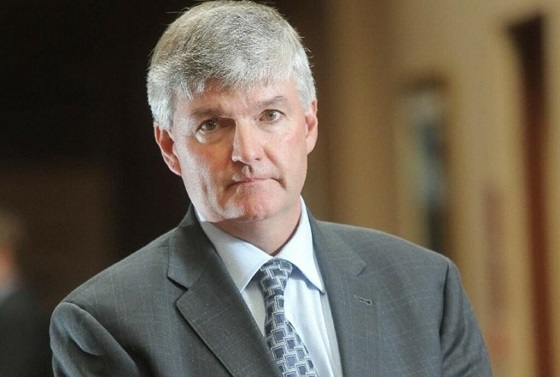
 Energy2 days ago
Energy2 days agoCanada Has All the Elements to be a Winner in Global Energy — Now Let’s Do It
-

 Brownstone Institute2 days ago
Brownstone Institute2 days agoA Coup Without Firing a Shot
-
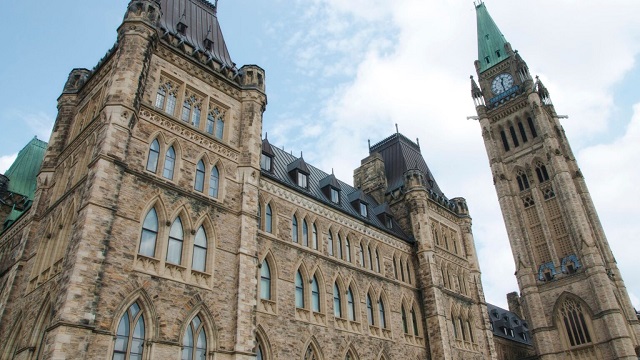
 Freedom Convoy2 days ago
Freedom Convoy2 days agoOttawa spent “excessive” $2.2 million fighting Emergencies Act challenge
-

 COVID-192 days ago
COVID-192 days agoWHO Official Admits the Truth About Passports






